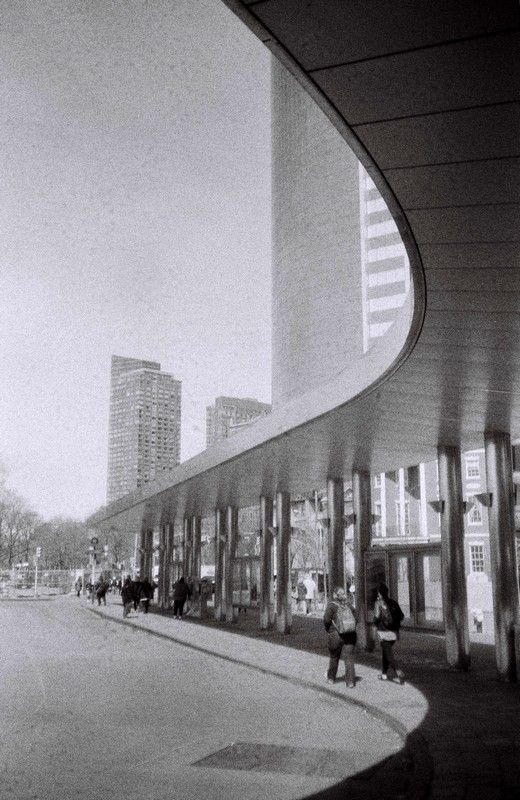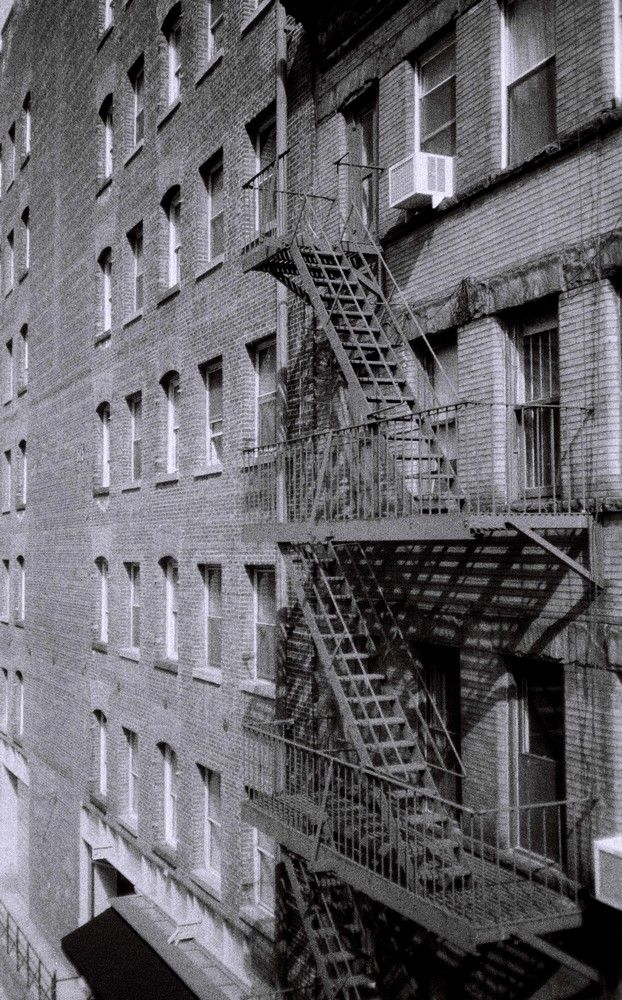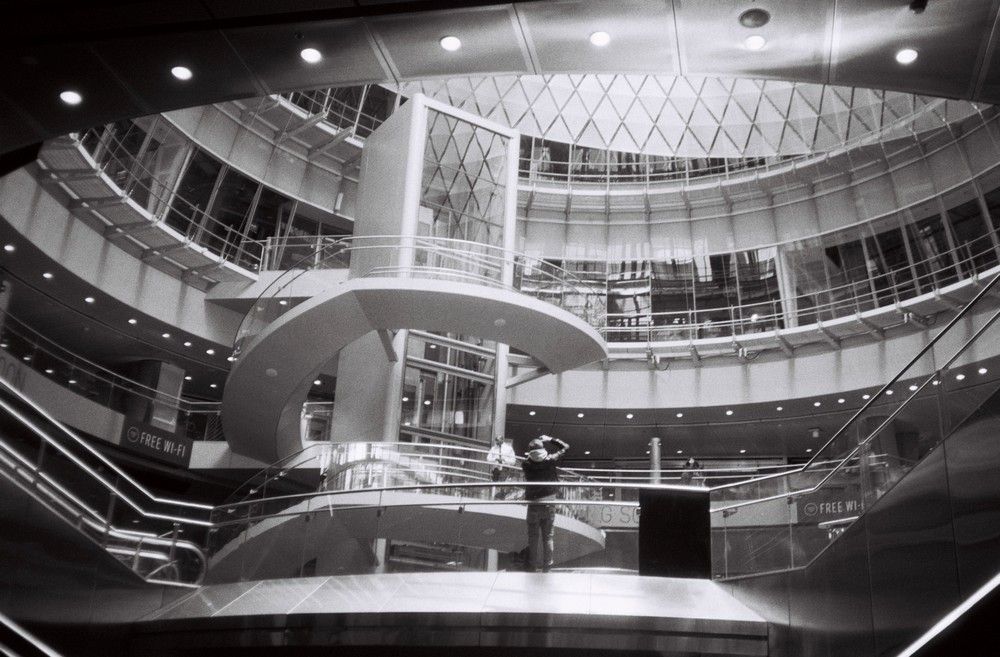Joao
Negativistic forever
Hello
Can someone give me an explanation for this ?
Camera Yashica 35ME, film Fomapan 100 developed , scanned and recorded in CD at the central Fujifilm lab in Lisbon, Portugal.
Some frames sorted out with obvious grain, like these two


Others from the same roll showed almost no grain, like here:

Two more things:1 - other rolls developed and scanned in the same place (Fuji Acros 100 and T Max 100) didn’t show this difference; 2- the grain is more obvious in outdoor photos (closed diaphragm) than in low light photos (open diaphragm).
Why such a difference in grain between pictures from the same roll ?
Probably my ignorance - but I would appreciate some explanation for this difference.
Regards
Joao
Can someone give me an explanation for this ?
Camera Yashica 35ME, film Fomapan 100 developed , scanned and recorded in CD at the central Fujifilm lab in Lisbon, Portugal.
Some frames sorted out with obvious grain, like these two


Others from the same roll showed almost no grain, like here:

Two more things:1 - other rolls developed and scanned in the same place (Fuji Acros 100 and T Max 100) didn’t show this difference; 2- the grain is more obvious in outdoor photos (closed diaphragm) than in low light photos (open diaphragm).
Why such a difference in grain between pictures from the same roll ?
Probably my ignorance - but I would appreciate some explanation for this difference.
Regards
Joao

